Individual interviews – Field heroes 2
Individual interviews
Individuals’ interviews are one of the most important tools in qualitative data collection and can be defined as an open talk between a field researcher and a person or group of people to discuss a set of questions related to a particular subject to obtain the data needed for the study, based on the knowledge of the participant or participants about the details of the subject under study.
Individuals’ interviews take between one hour to one hour and a half, and it can be done directly through a personal meeting between the field researcher and the participant, which is the most prevailing and appropriate form of conducting interviews, or by using modern means of communication such as Skype.
Advantages of individuals’ interviews:
Individuals’ interviews have many advantages, from which we can mention:
1-Individuals interviews are considered suitable for collecting data on important and sensitive issues such as those related to family matters or violence against children.
2-It is considered an opportunity for the field researcher to know the participant closely and help to obtain verbal answers and nonverbal indications that reinforce answers, such as expression changes on the participant’s face, his movements and emotional impressions, all that can be used in the data analyses process.
3-Individuals interviews help to motivate the participant to answer questions, ensure a correct interpretation of the questions and allow the participant to inquire about any ambiguity about the questions asked, and therefore, answers are more accurate and the percentage of errors is lower.
4- Individuals interviews are considered the best tools for data collection in illiterate communities, and in cases where the participant does not know how to read and write.
5-When doing individuals interviews, the field researcher is able to ask new questions related to the topic in question-based on the answers of the participant, and these questions help him get what he thinks is useful data.
6-Individuals’ interviews provide the field researcher with additional information about the subject in question and help him understand it well.
7-Individual interviews provide a good amount of data, where the percentage of replies and answers is higher than answers in written forms.
8-Individual interviews are considered the most appropriate way to collect data from important people, such as people with important positions in higher management.
9-Individual interviews allow the field researcher to return to the participant to ask more questions or inquire about some of the answers.
A series of guides for the data collectors to increase their skills in data collection for various research sectors.
Titles of the guides:
1. Data Collection ethics.
2. Individual and KI interviews.
3. Focus Group Discussion.
4. Field visit/Observation.
The second guide is the individual interviews, This guide includes six main themes:
The advantages of individual interviews, the disadvantages of individual interviews, the types of individual interviews, the preparation of individual interviews, conducting the individual interviews, the common mistakes that field researchers make when conducting interviews
Worked on this guide:
Ghath Humaidan: manager of data collection teams
Khaled Brram: data analysis officer
Emad Al-Sari: market analysis specialist
Anas Jamous: field coordinator for data collection
Azzam Al-hadi: data quality officer
supervision Ghaith Al Bahr consultant in statistical Studies
Design: Omar Ghafrah- Faysal Al-Mashhadani
Report language: Arabic
Individual interviews
Individuals’ interviews are one of the most important tools in qualitative data collection and can be defined as an open talk between a field researcher and a person or group of people to discuss a set of questions related to a particular subject to obtain the data needed for the study, based on the knowledge of the participant or participants about the details of the subject under study.
Individuals’ interviews take between one hour to one hour and a half, and it can be done directly through a personal meeting between the field researcher and the participant, which is the most prevailing and appropriate form of conducting interviews, or by using modern means of communication such as Skype.
Advantages of individuals’ interviews:
Individuals’ interviews have many advantages, from which we can mention:
1-Individuals interviews are considered suitable for collecting data on important and sensitive issues such as those related to family matters or violence against children.
2-It is considered an opportunity for the field researcher to know the participant closely and help to obtain verbal answers and nonverbal indications that reinforce answers, such as expression changes on the participant’s face, his movements and emotional impressions, all that can be used in the data analyses process.
3-Individuals interviews help to motivate the participant to answer questions, ensure a correct interpretation of the questions and allow the participant to inquire about any ambiguity about the questions asked, and therefore, answers are more accurate and the percentage of errors is lower.
4- Individuals interviews are considered the best tools for data collection in illiterate communities, and in cases where the participant does not know how to read and write.
5-When doing individuals interviews, the field researcher is able to ask new questions related to the topic in question-based on the answers of the participant, and these questions help him get what he thinks is useful data.
6-Individuals’ interviews provide the field researcher with additional information about the subject in question and help him understand it well.
7-Individual interviews provide a good amount of data, where the percentage of replies and answers is higher than answers in written forms.
8-Individual interviews are considered the most appropriate way to collect data from important people, such as people with important positions in higher management.
9-Individual interviews allow the field researcher to return to the participant to ask more questions or inquire about some of the answers.
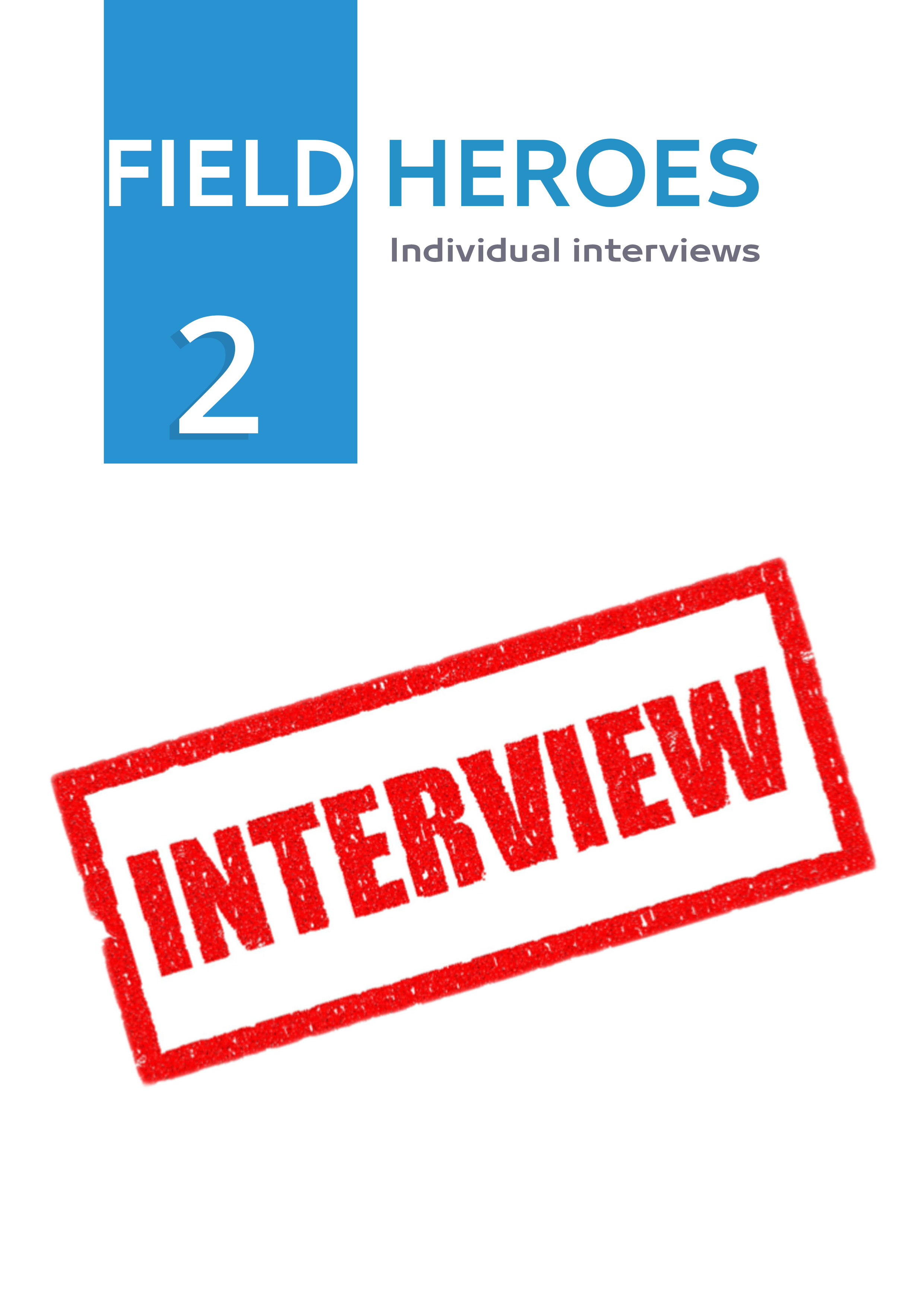

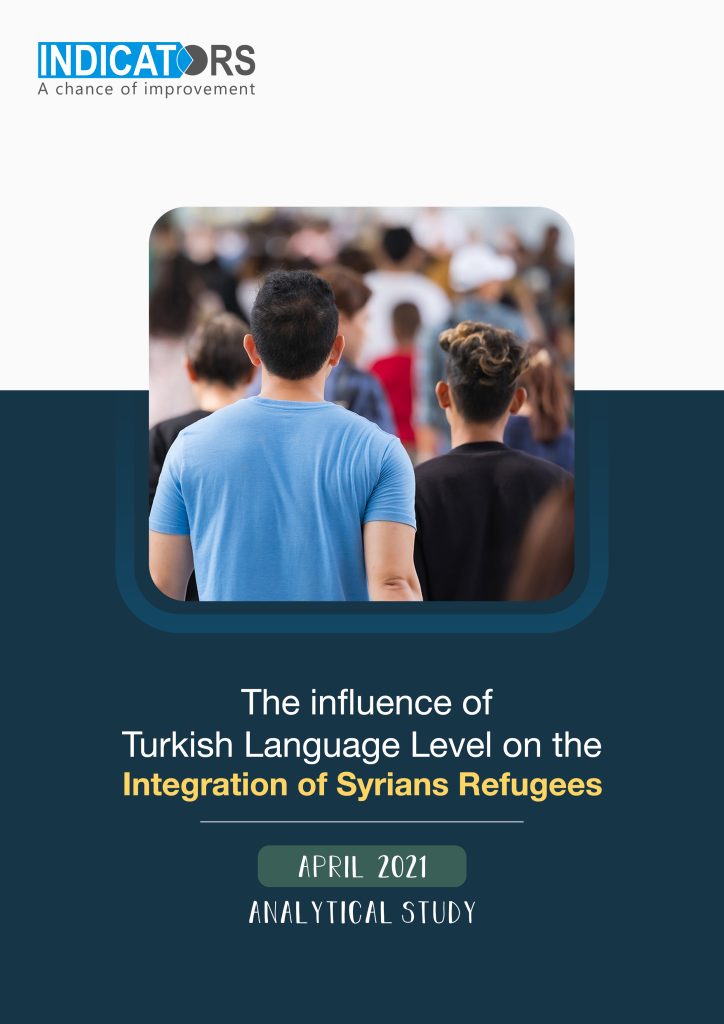
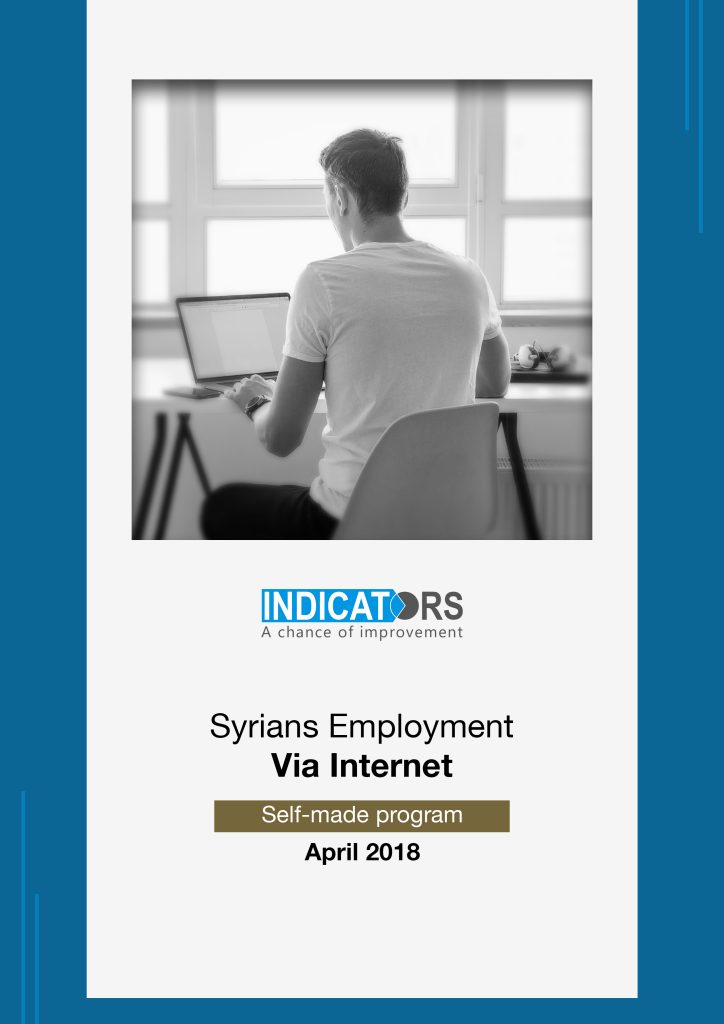
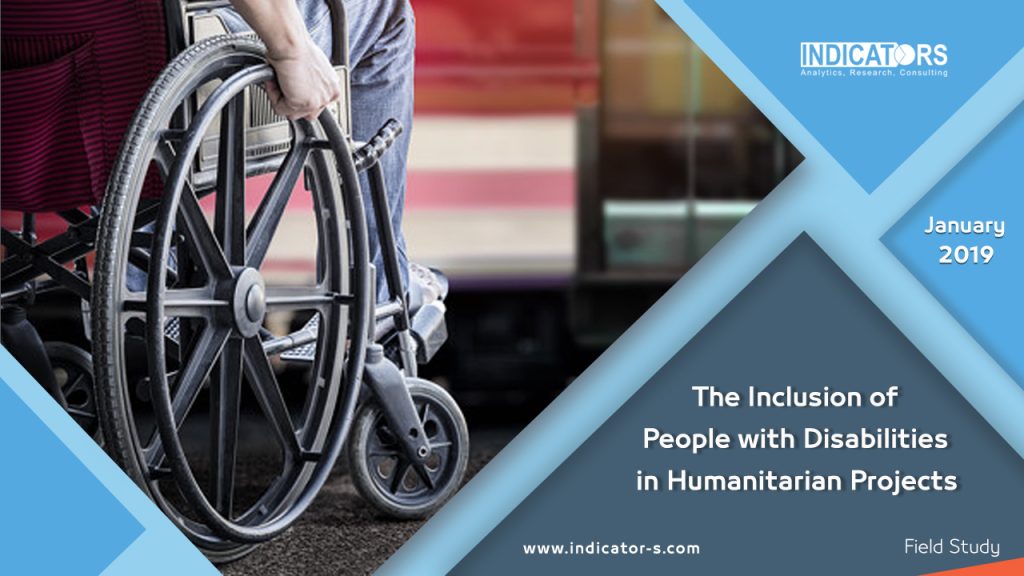
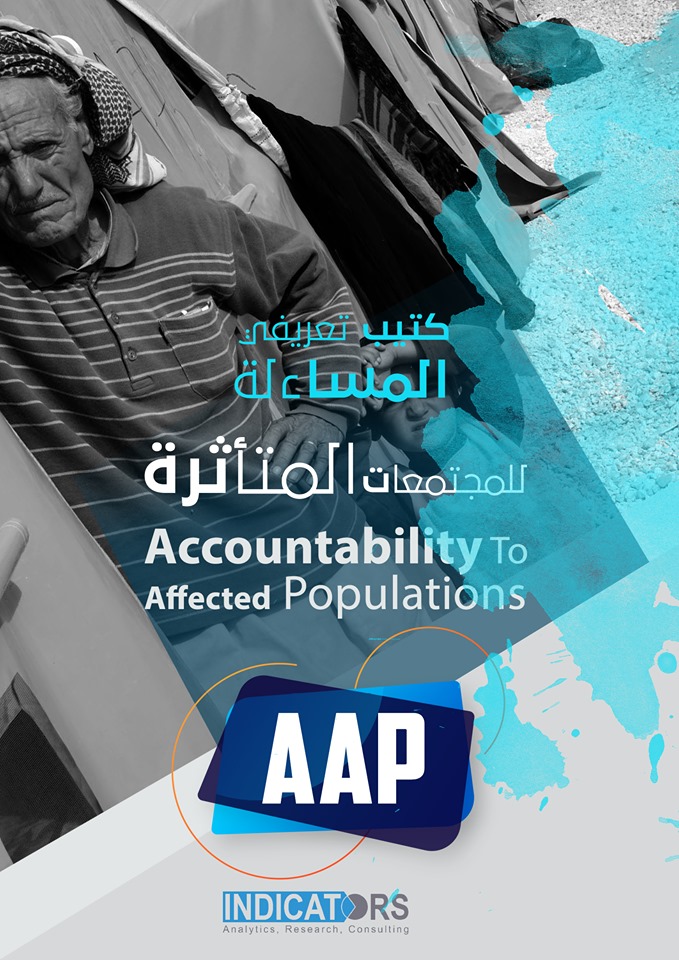
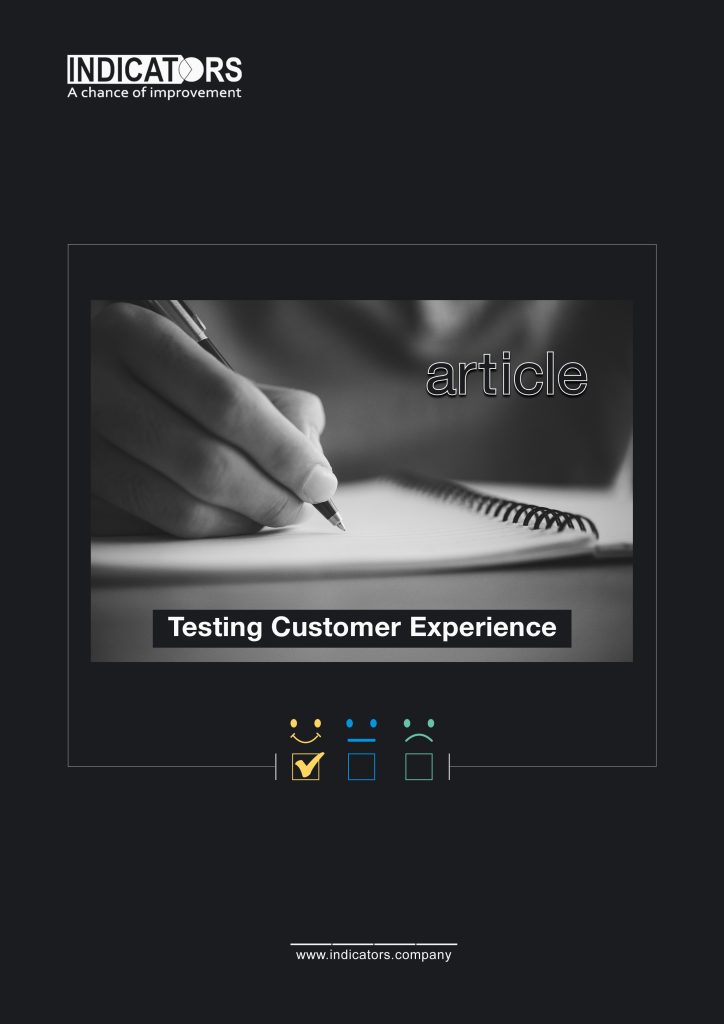

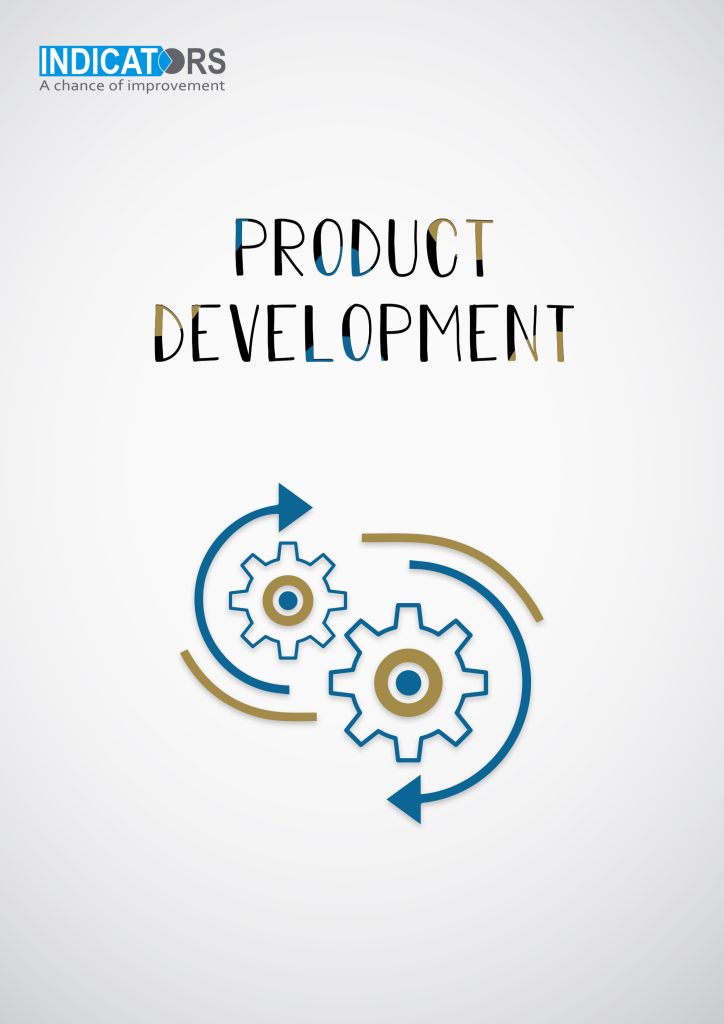
Reviews
There are no reviews yet.